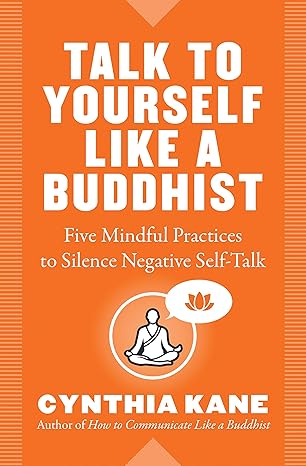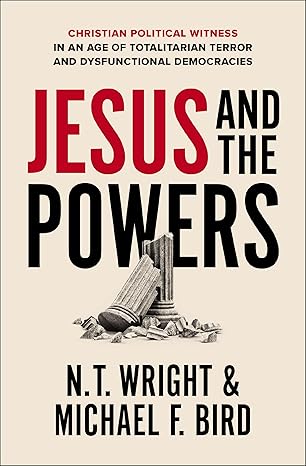
St. Thomas Aquinas
G.K. Chesterton's brilliant sketch of the life and thought of St. Thomas Aquinas is acclaimed as the best book ever written on the great thirteenth-century Dominican by such outstanding Thomists as Jacques Maritain, Etienne Gilson, and Anton Pegis. It is as relevant today as when it was published in 1933. St. Thomas Aquinas was an immensely influential philosopher, theologian, and jurist in the tradition of scholasticism. In Chesterton's portrayal Saint Thomas is a mysterious man who was born into a rich family, but despite that, decided to live a humble life of a friar. Because Thomas was quiet and didn't speak much, some of his fellow students thought he was slow and called him the dumb ox, but he was a man of rare brilliance who started a revolution in Christian thought. St. Thomas Aquinas was given the title “Doctor of the Church” by the Catholic Church for having made significant contributions to theology and doctrine through his work. Possessed of the rarest brilliance, he found the highest truth in the humblest object and led a life of almost unparalleled genius.
BEST DEALS
About the Author
Gilbert Keith Chesterton was an English writer, philosopher, lay theologian, and literary and art critic.
He was educated at St. Paul’s, and went to art school at University College London. In 1900, he was asked to contribute a few magazine articles on art criticism, and went on to become one of the most prolific writers of all time. He wrote a hundred books, contributions to 200 more, hundreds of poems, including the epic Ballad of the White Horse, five plays, five novels, and some two hundred short stories, including a popular series featuring the priest-detective, Father Brown. In spite of his literary accomplishments, he considered himself primarily a journalist. He wrote over 4000 newspaper essays, including 30 years worth of weekly columns for the Illustrated London News, and 13 years of weekly columns for the Daily News. He also edited his own newspaper, G.K.’s Weekly.
Chesterton was equally at ease with literary and social criticism, history, politics, economics, philosophy, and theology.












